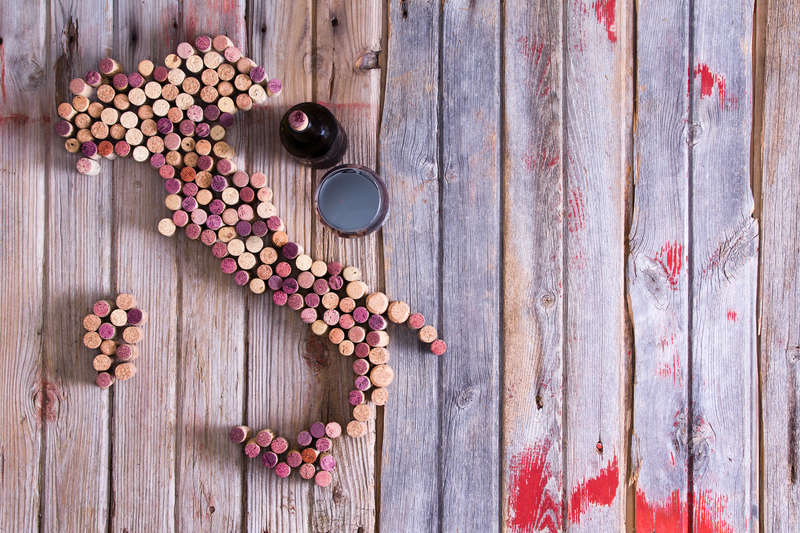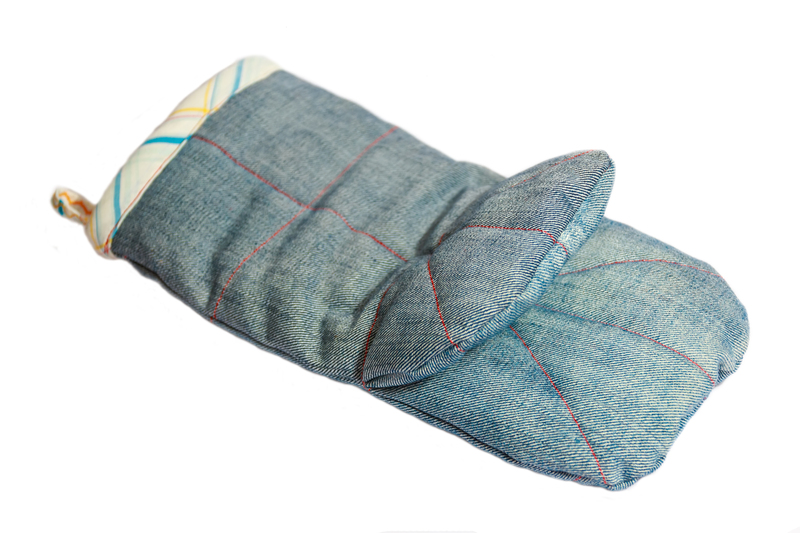Understanding Recycling: A Kid-friendly Guide
Have you ever wondered what happens to the things we throw away? All around us, people are talking about the importance of recycling. But what exactly is recycling, and why should you care about it? This guide is specially designed for kids (and curious adults!) to understand the basics of recycling and how we can all be heroes for our planet.
What is Recycling?
Recycling is the process of turning old or used materials into brand new items instead of throwing them away. This helps save resources, reduce pollution, and protect our environment. Imagine your empty juice box or yesterday's newspaper getting a chance to become something new--like a notebook or a park bench!
- Conserves natural resources: Recycling helps us use less of nature's resources, like trees, water, and metals.
- Reduces waste: It keeps items out of landfills, which can harm the environment.
- Saves energy: Making new things from recycled materials usually uses less energy than making them from brand-new materials.

Why is Recycling Important for Kids?
Kids can make a huge difference! Every time you sort your trash, put things in the recycling bin, or reuse items, you're helping the Earth. Whether you're at home, at school, or at the park, practicing environmentally-friendly recycling habits means you are a superhero for our planet.
Benefits of Recycling for the Planet
- Cleaner air and water: Proper recycling keeps pollution away from nature.
- Less garbage: Fewer landfills means more room for parks and playgrounds!
- Protecting animals: Recycling reduces trash in oceans and forests where animals live.
Benefits of Recycling for People
- Healthier communities: Less pollution means cleaner places to live.
- More jobs: Recycling centers create interesting jobs for people.
- Saving money: Recycling can sometimes cost less than throwing things away.
What Can Be Recycled?
Not everything goes in the recycling bin! Here's a handy list of common materials you'll often see that can be recycled. Remember: Always check your local recycling rules because some types of items are accepted in certain places and not in others.
Common Recyclable Materials
- Paper products: Newspapers, magazines, cardboard, and notebook paper.
- Plastics: Bottles, containers, and some packaging. Look for the recycling symbol with a number inside--usually, numbers 1 and 2 are accepted.
- Glass: Jars, bottles, and some glass food containers.
- Metals: Aluminum cans, tin cans, and foil (cleaned).
Tip: Items like plastic bags, dirty pizza boxes, or broken toys usually can't be recycled at home. But don't worry--there are special recycling programs for some things!
How Does Recycling Work?
Recycling is like sending materials on a big adventure! Here are the steps:
- Collection: You and your family put recyclable items into the right bins.
- Sorting: At the recycling center, everything is sorted by type - like separating paper, plastic, glass, and metal.
- Cleaning: Items are washed to remove food, labels, or dirt.
- Processing: Recyclables are broken down and made into raw materials again--like pulp for paper or pellets for plastic.
- Manufacturing: Companies use these materials to make new products you can buy at the store!
How to Recycle at Home or School
Making recycling part of your daily routine is easy and fun! Here's how to get started:
Easy Steps to Begin Recycling
- Find the bins: Ask an adult where the recycling bins are at home or in your classroom.
- Learn what goes where: Make a simple chart or use labels to help everyone remember what can be recycled.
- Rinse and dry: Quickly rinse food containers before tossing them in the bin--dirty recyclables aren't accepted!
- Flatten and break down: Smash cardboard boxes to save space in the bin.
- Ask questions: If you're not sure, check with a grown-up or look at your city's recycling guide.
Did you know? Some schools compete in recycling challenges and win prizes! Ask your teacher if your school can join a recycling contest.
The Three R's: Reduce, Reuse, and Recycle
Recycling is important, but it's only one part of saving our planet. The main idea is the "Three R's":
- Reduce: Try to use less--like bringing your own water bottle instead of buying plastic ones.
- Reuse: Find new ways to use things--like making craft projects out of jars or gift bags.
- Recycle: When you can't reduce or reuse, recycle items so they get a new life.
By following all three, we can have an even bigger impact!
Fun Recycling Activities for Kids
Recycling isn't just about trash--it can also be a way to get creative and have fun! Here are some awesome activities you can try at home or school:
Recycling Crafts
- Build a robot: Use old boxes, bottle caps, and cans to make your own robot friend.
- Make a bird feeder: Turn a milk carton into a home for birds.
- Jar lanterns: Decorate and light up glass jars for cool DIY lanterns.
Recycling Challenges
- Recycling detective: Go on a scavenger hunt at home to spot items that belong in the recycling bin.
- Bottle cap art: Gather bottle caps and create a colorful mural or picture.
- 'Zero Waste' lunch day: Pack a lunch without anything to throw away - use only reusable containers and bottles!
Fun Facts About Recycling
- The recycling symbol with three arrows means "Reduce, Reuse, Recycle." Each arrow stands for one of the steps in the cycle!
- Did you know that recycling one aluminum can saves enough energy to run a TV for three hours?
- Over 75% of waste can be recycled, but we recycle less than half.
- Glass can be recycled forever without losing quality! That means your glass bottle could become a new bottle again and again.
- Making paper from recycled paper uses 70% less energy than making it from trees.
What Happens When We Don't Recycle?
Throwing everything away might seem easy, but there are big problems if we don't recycle.
- Landfills get full: More trash piles up, and we run out of space.
- Wildlife danger: Animals can get hurt by eating or getting trapped in plastic waste.
- More pollution: Toxic chemicals from garbage seep into the ground and water.
- Waste of resources: We use more raw materials from forests, mountains, and oceans.
How Can Kids Inspire Others to Recycle?
Kids are leaders! Here are some clever ways you can encourage friends and family to start recycling responsibly:
- Be a recycling champion: Set an example at home by sorting waste and explaining why.
- Share fun facts: Teach your friends what you learned about recycling and the environment.
- Create posters or stories: Make colorful reminders for your classroom, home, or community center.
- Help organize a recycling day: Gather classmates or neighbors to clean up and recycle together.
- Ask questions: Grown-ups may not always know the latest recycling rules. Help find out together!
Common Recycling Myths -- Busted!
Sometimes, it's easy to believe things that aren't true about recycling. Let's set the record straight!
- "Everything with the recycling symbol can be recycled."
Not always! Some items with the symbol can't be recycled in your area. Always check the rules. - "Recycling is a waste of time."
No way! Recycling saves energy, reduces pollution, and helps nature. - "One person doesn't make a difference."
False! Every item you recycle adds up. Plus, you encourage others to join in! - "It's okay to put dirty jars and boxes in the recycling bin."
Not really! Dirty items can ruin the recycling process. Rinse before recycling!
Helpful Recycling Tips for Kids and Families
- Keep a recycling bin in every room: Don't just keep bins in the kitchen; have them in bedrooms and bathrooms too.
- Learn about special recycling days: Some communities collect electronics or hazardous waste a few times a year.
- Collect and return bottles: In some places, you can get money back for returning drink containers!
- Visit a recycling center: Taking a tour or watching videos can help you understand the process up close.
- Try upcycling: This is when you create cool things out of old stuff--like turning jeans into a tote bag.
Quick Glossary: Recycling Terms for Kids
- Recycling: Making used materials into something new.
- Landfill: A place where trash is buried.
- Compost: A way to recycle food scraps and turn them into soil.
- Single-stream recycling: All recyclables go into one bin and are sorted later by machines.
- Upcycling: Turning old or unwanted items into something useful or creative.

Recycling Resources and Games
- Learn more with interactive games like Recycle Roundup or Sort the Trash online!
- Visit websites like EPA Recycle for fun facts and activities.
- Ask your school librarian for books about recycling, the environment, or creative reusing.
Conclusion: You Can Make the World a Greener Place!
Recycling may sound simple, but it makes a big difference for our world. By learning about recycling, practicing good habits at home and school, and inspiring others, you're playing an important role in protecting Earth. Remember: Every can, bottle, or piece of paper you recycle is a step toward a cleaner, healthier planet.
You're never too young to be an environmental hero! Start your recycling adventure today and teach others the importance of recycling for kids and kids' recycling projects.
Let's keep our Earth clean, green, and beautiful--together!